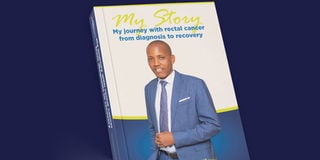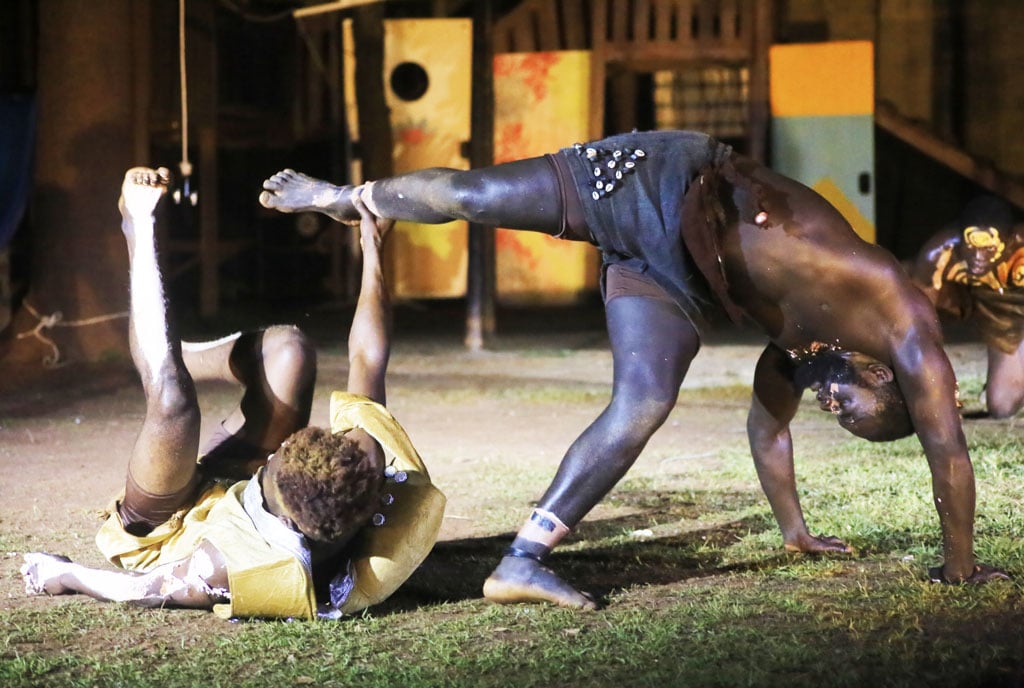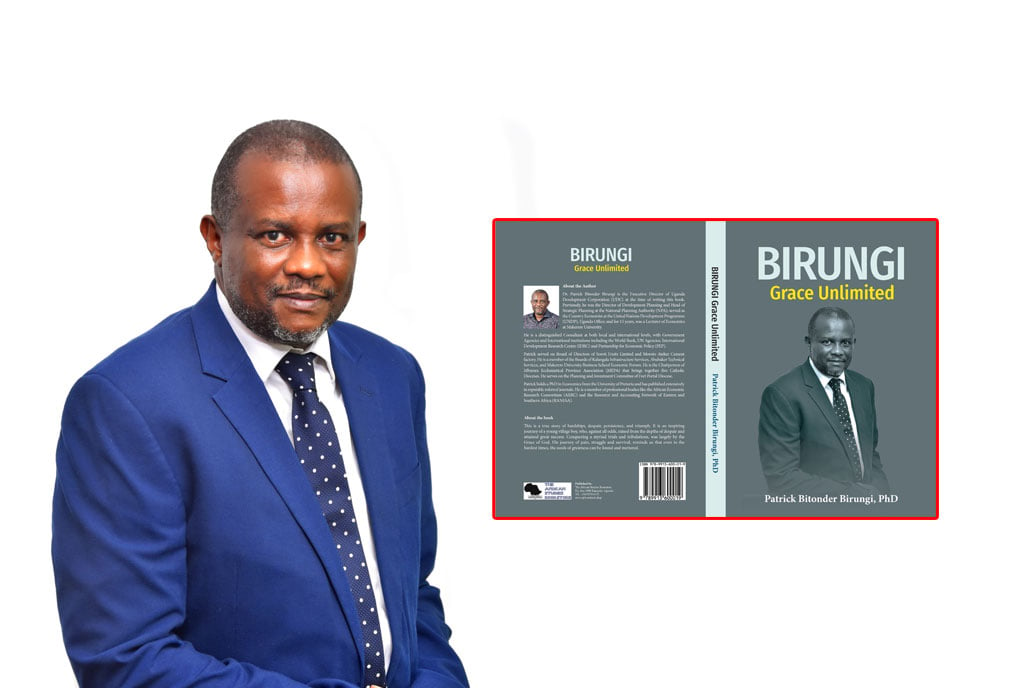
In a chronological order, Dr Geofrey Musinguzi, narrates the multiple treatment encounters including surgery, chemotherapy, occupational therapy, physiotherapy, multiple colonoscopies, percutaneous drainage, intensive care and stoma unblocking manoeuvres, among other.
The book also speaks hope to cancer patients and emphasises the relevance of key medical expertise. It also lauds caregivers whose role many easily fail to appreciate.
Happy endings for persons diagnosed with cancer are not commonly told. This is because many pages on cancer stories mostly detail rough episodes of how the patients' difficult battle against the scourge only led to the grave. Many cancer victims walk a health gruelling journey and most tend to share only lessons and tips for others to take on as a shield to help them avoid the scourge.
The story of Dr Geofrey Musinguzi, however, reads different. In his book My Story: My journey with rectal cancer from diagnosis to recovery, he shares how it felt like cancer nearly robbed his family of their breadwinner at a time when his career was just taking off.
The story starts with how an initially joyous trip to Belgium turned into a devastating one. The Public Health specialist in June 2022, struggled to digest medical reports that he had been diagnosed with rectal cancer, reports that had been done in both Belgium and Uganda.
“I don’t know when, how and what exactly caused the cancer in me. It is likely that I will never know,” the opening pages of the cancer-survivor story carefully compressed into 17 chapters, reads in part.
“This was the worst news I had ever heard, all the years I have lived… As a young husband and father, with a promising career, you can imagine what was running through my mind. I had completed my Doctor of Medical Sciences and Doctorate (PhD) about seven years earlier and a wealth of opportunities were flowing in,” he writes and goes on to talk of the things he previously witnessed in medical school that were now happening to him.
“The only time I had seen a person with a colostomy or an ileostomy bag was in 2014 in Belgium, while I was pursuing my doctorate in medical science. He was an old man possibly in his 70s. He attracted my sympathy from a distance; little did I know that would occur to me, moreover in my early 40s,” Dr Musinguzi recounts.
He struggled, but the unrelenting support of his wife, family and friends energised him.
He lays out in chronological order the various treatments and surgeries he went through, making one wonder how he is now back on his feet only two years after diagnosis and the numerous procedures.
“For some reason, I really wanted a drug/treatment holiday at least around the Christmas period. After all, I had a marathon of multiple treatment encounters including surgery, chemotherapy, occupational therapy, physiotherapy, multiple colonoscopies, percutaneous drainage, intensive care, stoma unblocking manoeuvres, and many more since July of 2022,” he states.
While he comes from a medical background, Dr Musinguzi employs simple and easily comprehensible language. He laces it with medical terms, which he labours to explain to make it easy for the reader to relate with. The story of anguish is knitted with facts, reality and humour to deliver a deep-reaching message of hope to those plagued by the disease.
One of the unique aspects of the book is that Dr Musinguzi does not only share his experience, but details and boldly critics glaring gaps in Uganda's healthcare system. The book also speaks hope to cancer patients and emphasises the relevance of key medical expertise. It also lauds caregivers whose role many easily fail to appreciate. He also talks about the path to recovery, remedy options and cautions against practices that could hinder full recovery. But the book is shy on post treatment period.
It would have been helpful for readers to know what to expect during the months after the last surgery and how to make recovery completely easier.
The book was published by the Makerere University Press and is printed on pages the colour of a warm yellow, making it fairly comfortable for readers’ eyes.
The 103 page-storyline is delivered through, mostly short sentences and fairly short chapters. In fact, the book's shortest chapter sits on only two faces of one leaf. All this makes the book easy to read.
The joyous ending buttresses the power of persistence in the fight against the disease. As a patient and medic, Dr Musinguzi's story is a beautiful testimony that will inform and encourage persons that are directly and indirectly plagued by cancer.








